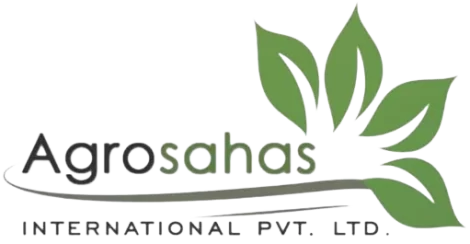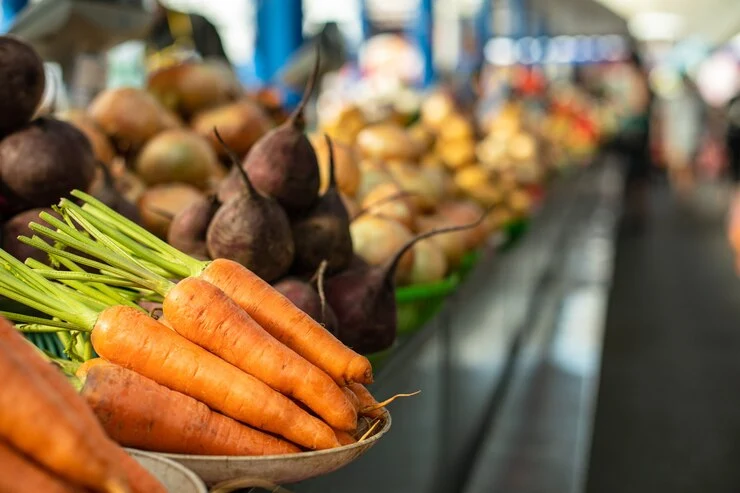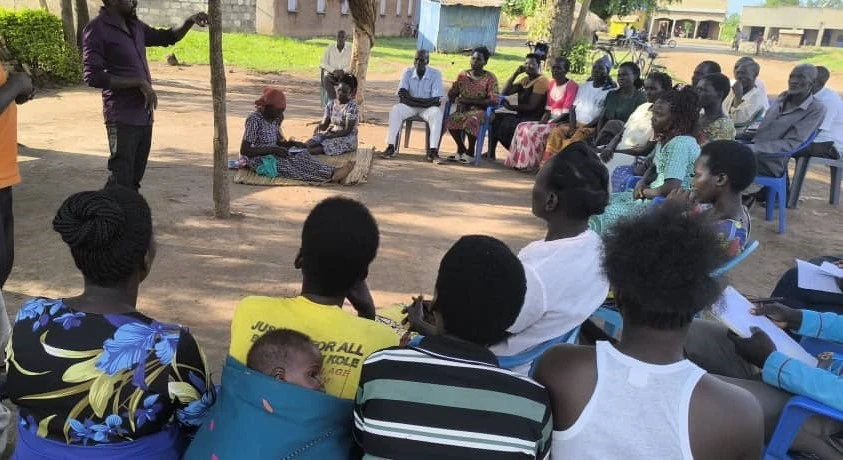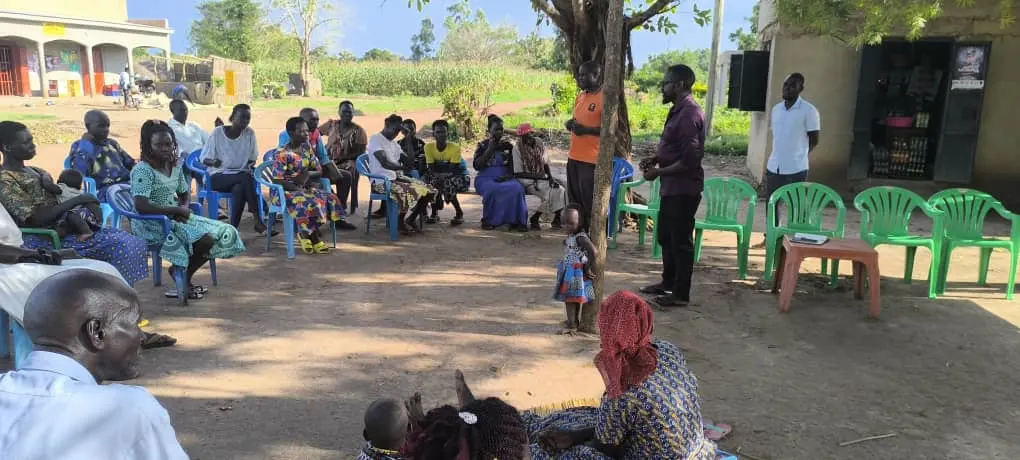In an era where global food systems are increasingly centralized and controlled by a few large corporations, the concept of food sovereignty has emerged as a crucial counter-movement. Food sovereignty emphasizes the right of local communities to control their own food systems, from production to consumption. Agrosahas International PVT LTD is at the forefront of this movement, promoting practices that empower local farmers and ensure sustainable, community-led food systems. This blog explores the importance of food sovereignty, how local food systems contribute to food security, and Agrosahas’ role in advocating for these principles.
What is Food Sovereignty?
Food sovereignty is the right of people to healthy and culturally appropriate food produced through ecologically sound and sustainable methods. It emphasizes the right of local communities to control their food systems, including land, seeds, and water. The basic tenet of food sovereignty is that those who produce, distribute, and consume food should be at the heart of food policies rather than the demands of markets and corporations.
Why is Food Sovereignty Important to Local Food System Control?
Food sovereignty is vital for several reasons:
- Empowerment of Local Communities: It empowers farmers and local communities to make decisions about their agricultural practices, ensuring that these practices are sustainable and culturally appropriate.
- Sustainability: By prioritizing local production and ecological farming methods, food sovereignty promotes environmental sustainability and biodiversity.
- Resilience: Local control over food systems increases resilience against global market fluctuations, climate change, and other external shocks.
- Cultural Preservation: Food sovereignty supports the preservation of traditional agricultural knowledge and cultural heritage related to food and farming practices.
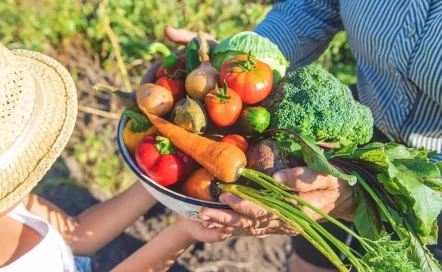
How Can Local Food Systems Contribute to Food Security?
Local food systems are essential for ensuring food security because they:
- Increase Accessibility: Locally produced food is more accessible to local communities, reducing reliance on imported goods and long supply chains that can be disrupted.
- Support Local Economies: By keeping food production and distribution within local communities, money spent on food stays within the local economy, supporting farmers and local businesses.
- Promote Freshness and Nutrition: Locally grown food is often fresher and more nutritious, as it doesn’t need to travel long distances from farm to table.
- Reduce Environmental Impact: Local food systems tend to have a smaller carbon footprint due to reduced transportation needs and more sustainable farming practices.
Agrosahas’ Role in Promoting Food Sovereignty
Agrosahas International PVT LTD is deeply committed to promoting food sovereignty through various initiatives:
- Supporting Local Farmers: We provide training, resources, and support to local farmers to help them adopt sustainable agricultural practices and increase their self-sufficiency.
- Seed Sovereignty: Agrosahas advocates for the preservation and use of local seed varieties, ensuring that farmers have control over their seeds and are not dependent on commercial seed companies.
- Community-Led Agricultural Practices: We promote community-led approaches to farming, where decisions about what to grow and how to grow it are made by the community members themselves.
- Education and Advocacy: Agrosahas conducts educational programs and advocacy campaigns to raise awareness about the importance of food sovereignty and empower local communities to take control of their food systems.
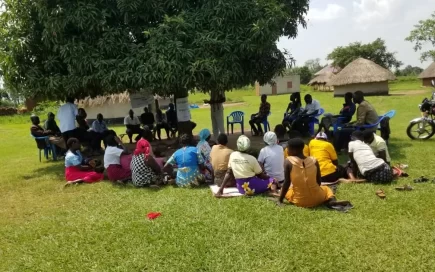
Key Initiatives by Agrosahas
- Farmer Training Programs: Our training programs focus on sustainable farming techniques, organic agriculture, and the use of local seeds. These programs help farmers improve their productivity while maintaining ecological balance.
- Community Seed Banks: We have established community seed banks to preserve local seed varieties and ensure that farmers have access to diverse and resilient seeds.
- Market Access Programs: Agrosahas helps farmers access local markets by connecting them with consumers and supporting local food networks. This reduces dependency on external markets and strengthens the local economy.
- Policy Advocacy: We work with policymakers to advocate for policies that support food sovereignty, sustainable agriculture, and the rights of smallholder farmers.
Conclusion
Food sovereignty is more than just a concept; it is a movement that seeks to transform our food systems to be more equitable, sustainable, and resilient. Agrosahas International PVT LTD is proud to be a part of this movement, working tirelessly to empower local communities and ensure they have control over their food systems. By supporting local farmers, preserving seed diversity, and advocating for sustainable agricultural practices, we are helping to build a future where everyone has access to healthy, culturally appropriate food produced through ecologically sound methods.
